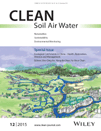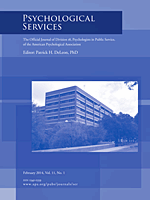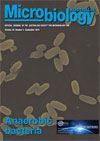 A researcher who studies how to turn dairy cattle manure into natural gas falsified and fabricated data in a journal article and failed to declare a commercial conflict of interest, a Washington State University investigation has found.
A researcher who studies how to turn dairy cattle manure into natural gas falsified and fabricated data in a journal article and failed to declare a commercial conflict of interest, a Washington State University investigation has found.
The study “Evaluation of Co-Digestion at a Commercial Dairy Anaerobic Digester” was published in 2011 in the journal CLEAN: Soil, Air, Water. First author Craig Frear was a Ph.D. student at WSU Pullman when the study was carried out and an assistant professor at the time of the investigation. The editor-in-chief of CLEAN, Prisca Henheik, told us that the retraction is a done deal even though it has not been posted online: Continue reading A bullshit excuse? My lab notebook “was blown into a manure pit”







 A paper on
A paper on